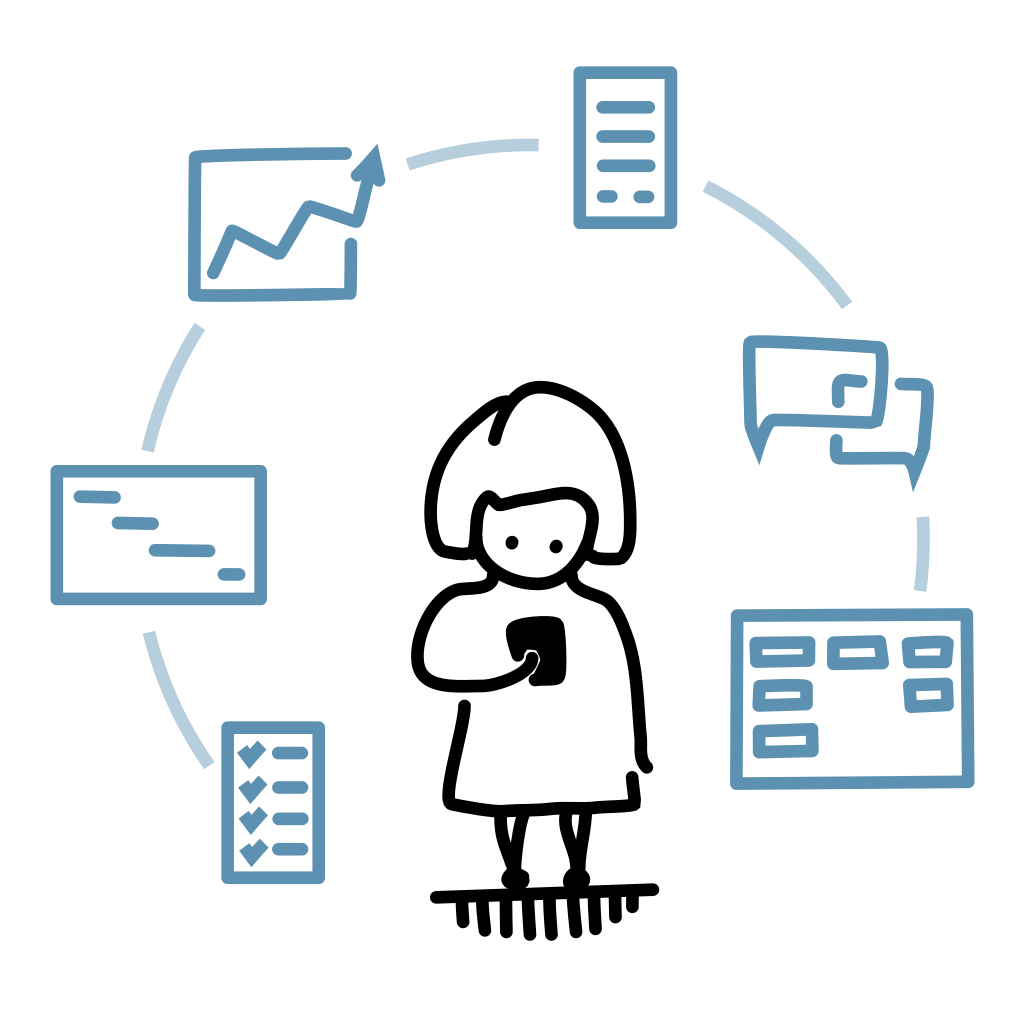CASE STUDY
The processes carried out by the client’s marketing department include planning marketing activities, placing orders, processing invoices, settlement of expenses, negotiating contracts with personnel and medical organizations, and organizing conferences. All of these processes operate within the context of budget planning and continuous control.
These processes, along with budgeting, were carried out ad hoc, outside of structured systems – using emails, Excel spreadsheets, and paper. This significantly hindered both ongoing control and later reviews of compliance with procedures. Pharmaceutical companies face many legal limitations that carry the risk of penalties, but also voluntarily impose practices that increase process transparency and strengthen business ethics. The implementation of a system that would manage these processes was necessary.
The analysis covered the entire area of the marketing department’s activities, allowing us to capture the entirety of related issues and identify points that exhibit particular vulnerability to errors or business risks. The analysis took almost three months to complete, and its product was a detailed documentation of processes (sketching the current state and the planned state precisely).
After completing the analysis, we proceeded to implement the solution based on the Syndatis platform. The processes were divided into groups, and the implementation was carried out in phases, allowing the effects to be available more quickly, and the organization had a chance to get accustomed to the change.
We started with processes related to marketing activities, purchases, and the approval of expenses and contracts. This allowed for ongoing control over processes in which most of the financial resources flowed. We immediately added budget control to these processes – initially fed with data on the plan from Excel spreadsheets, but in the next phase, developed into the process of budget planning already in our system. Finally, we prepared a comprehensive module that supports the planning and organization of conferences for doctors and nurses, as well as the approval process of medical materials used in promotion.
As part of the project, we designed a complete circulation system for all documents, taking into account the acceptance rules existing in the organization.
The following departments’ representatives participated in the project:

Since the entire organization, consisting of several hundred employees, has been functioning without a systemic framework for years, a significant challenge was to carry out a gradual change without disrupting the ongoing operations. The project was divided into phases and implemented with a reasonable pilot for a small group of recipients.
The introduction of detailed cost control was only possible by replicating a highly complex controlling structure, as well as all the details and exceptions described in the organization’s procedures.
The implementation of the Syndatis platform and introduction of control over the flow of money through enforcing expenses to be placed within the budget and pre-approval (marketing activities and procurement processes) increased the rationality of the process and resulted in savings, estimated by the client to be around 5% annually.
The elimination of risks, such as exposure to penalties or damage to the organization’s reputation due to unethical actions, is more difficult to measure but was appreciated by the client. The transparency of the process has value in and of itself.
Do you want to learn more? Do you have similar problems? Or maybe we have inspired you to look into other processes?